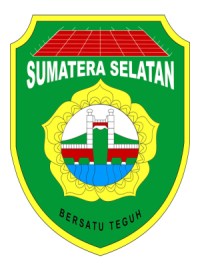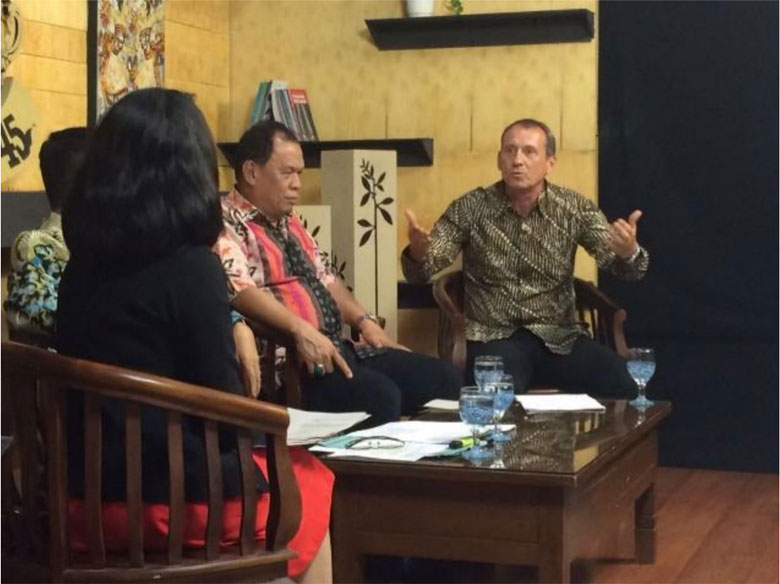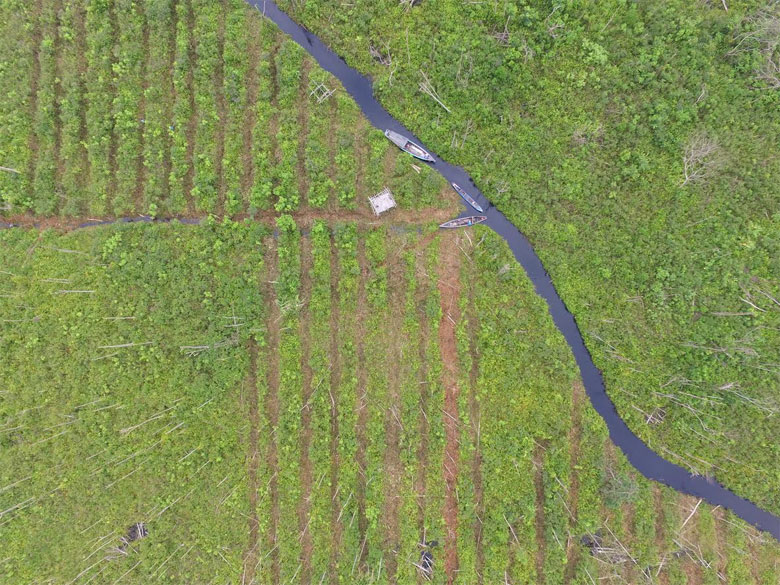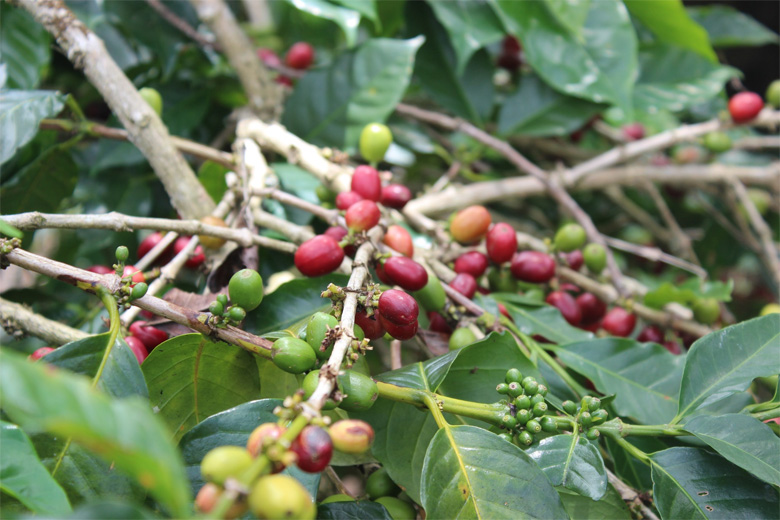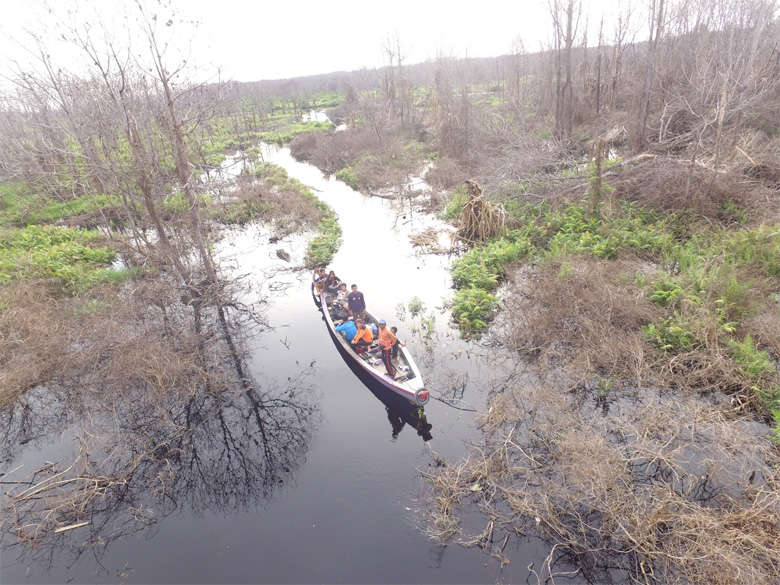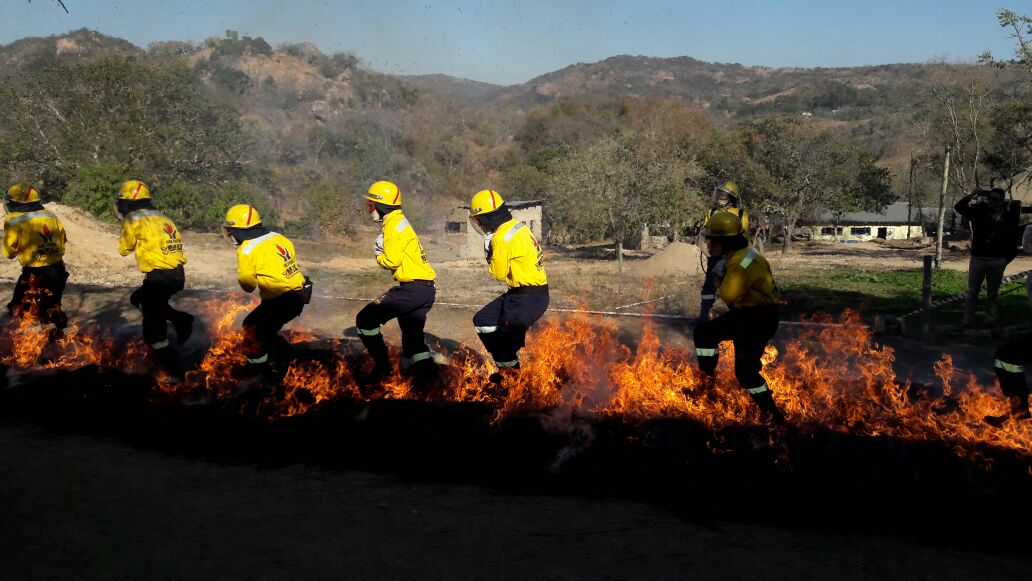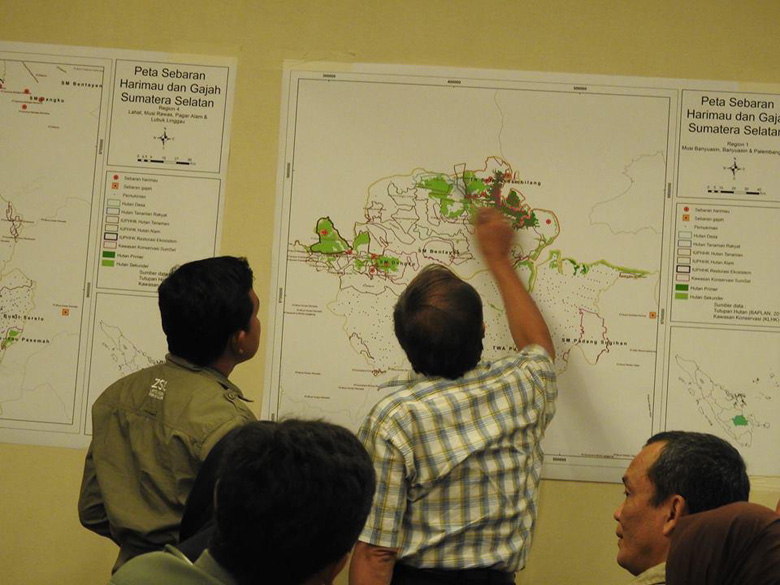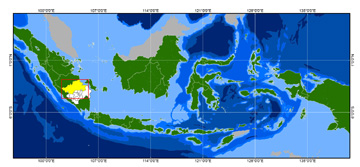Biodiversity in Indonesia
Globally, Indonesia is vitally significant in terms of its wealth of biodiversity and biological resources. With its terrestrial, freshwater and marine domains, Indonesia is the world’s most biologically diverse country and is considered one of the 17 megadiverse countries, with 2 of the world’s 25 biodiversity hotspots. Possessing 10% of the world’s flowering species, it ranks as one of the world’s centres for agrobiodiversity. For fauna diversity, approximately 12% of the world’s mammals (515 species) occur in Indonesia, ranking it second, after Brazil, at the global level. Having around16% of the world’s reptiles (781 species), and 35 species of primate places Indonesia fourth in the world for both categories. Further, with 17% of the world’s bird species (1,592 species) and 270 amphibian species, Indonesia ranks fifth and sixth respectively.
While housing the largest land-based diversity of species in Indonesia, forests have been drastically reduced through uncontrolled logging and widespread forest fires, which have fragmented and degraded forest ecosystems severely. Deforestation of forests and peatland is leading to rapid and further decreases in biodiversity.
The depletion of Indonesia’s biodiversity puts an estimated 40 million Indonesians living in rural areas at risk of losing the basis of their livelihoods.



